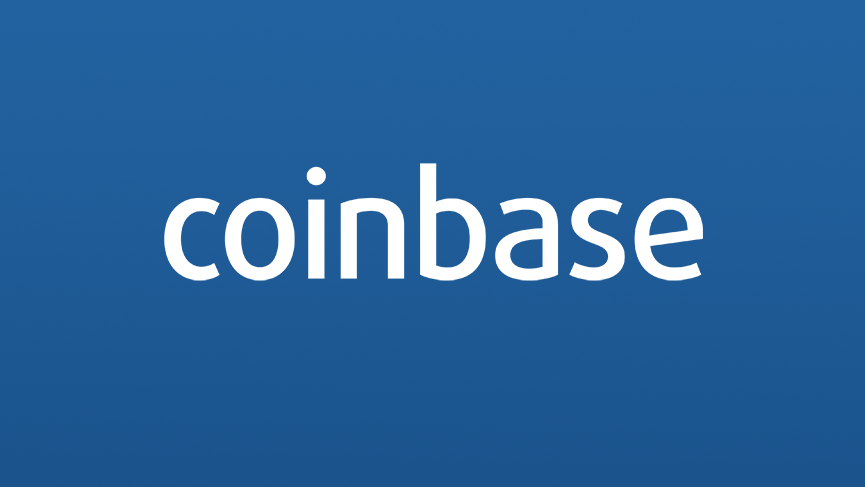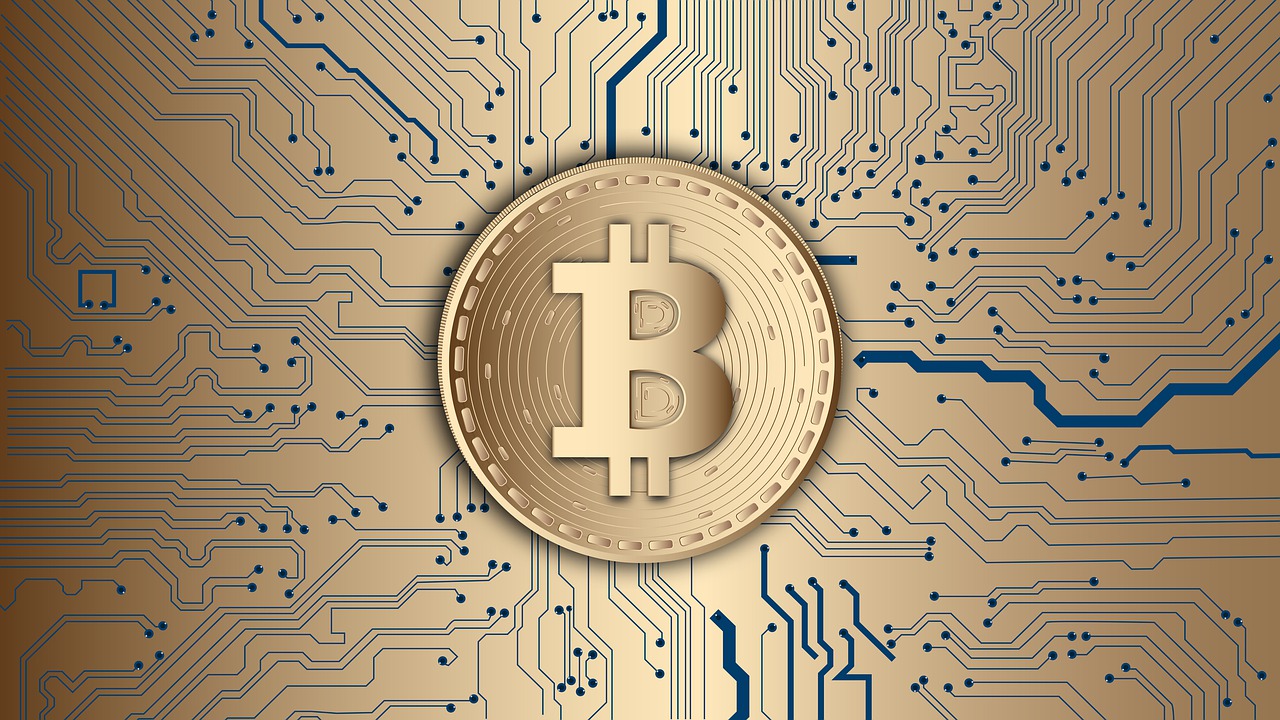Pinpointing the differences between a number of cryptocurrencies could be quite daunting. However, the likes of Bitcoin, Monero, Ethereum, and other members of the crypto fraternity, do have their own underlining specifics that merit a closer examination.
When Bitcoin first appeared, things looked truly simple and nobody paid much attention to the newly-fangled self-styled crypto token. However, things have moved past that and now there is a veritable, and quite an overwhelming, thicket of crypto assets that are swirling out there.
Pinpointing the best ones would most certainly merit a fair bit of examination. In today’s write-up, we look at what the future of cryptocurrencies is like and what differentiation can be drawn between the separate assets.
Transaction coins
Transaction coins is the future of any future legal way of using digital currencies to trade goods for money. Bitcoin is in the very centre of this offer and it stands tall over the rest of the crypto brothers. A transaction cryptocurrency, in simplest term, is a digital chunk of gold that can travel throughout the network without running into regulation, legislation, and getting ultimately stuck in an inter-bank limbo.
Bitcoin and the underpinning blockchain technology have been mostly hailed as a great success because of their ability to transfer money. However, Bitcoin remains a volatile currency and while its pricing is not pinpointed, nothing in the world would make a reasonable person put their livelihood on Bitcoin.
Still, Bitcoin has made some significant improvements to merge its network with real-world and applicable solutions, thanks to SegWit and Lightning Network, which have largely improved the so-called off-chain exchanges carried out in the world and involving cryptocurrencies.
Privacy Coins
Even though cryptocurrencies claim to shelter their users from the financial system, they do not much from sheltering them from the public eye. Because these networks are public, everyone can peruse them. If they manage to get a hold of your private key, then they can follow your transaction history without a hitch.
Conversely, users may opt for a safe(r) cryptocurrency, such as Monero allow for a better overall security and they are ‘untraceable.’
Programmable Blockchain
Ethereum is the most popular ‘programmable blockchain’ platform. It is rivalled by similar tokens, as QTUM. All of these are programmable blockchain tokens that can be used to execute smart contracts and other similar devices.
Smart contract hold a dear promise to slash costs for business dramatically and level the playfield for everyone who wants to get into business. The smart contract revolution will transform every single aspect of the crypto world and physical world. With operations executed automatically, safely, securely, and immediately, payments could never be late and there will be no need to vet the whole process, other than the normal way of maintaining the security.
Store coins
Store coins can be understood as those digital currencies that can actually be used to purchase actual goods from, well, stores. Even though companies in the Silicon Valley have debated rolling out their own brand of digital currencies. The overall necessity of this happening is quite undetermined.
On the one hand, having everything in crypto can be quite useful, but then again it would not necessarily lead to anything meaningful. For starters, nobody can pay out in Bitcoins, for instance, because their value changes constantly, and any reliable long-term saving would end up in a disaster.
However, countries are now planning to adopt cryptocurrencies and make it so that their citizens can use digital money for every aspect of their life. What follows next is pretty much a variety of options for the future of money as a whole.
The introduction of a broader store currency would lead to new regulations, which will however differ from what we already know about crypto assets and so forth. The new regulation will take into account the simple fact money will change and people will be ever more inclined to carry out their transactions online instead of going to a bank, for example.
More specifically, the demand for quicker and safer way of trading money will always put blockchain technology and any reliable cryptocurrencies that sprouts out of the technology to be widely adopted and put to good use, which is quite understandable.
The future may belong to the Bitcoin alternatives, however. Programmable currencies will play an ever more important role in the future of business and money. Until such a time that a reliable & stable cryptocurrency has appeared, programmable tokens are quite welcome.
Apr 18, 2018
What cryptocurrencies are there, really? Monero the safest, Bitcoin the most common



Comments (No)